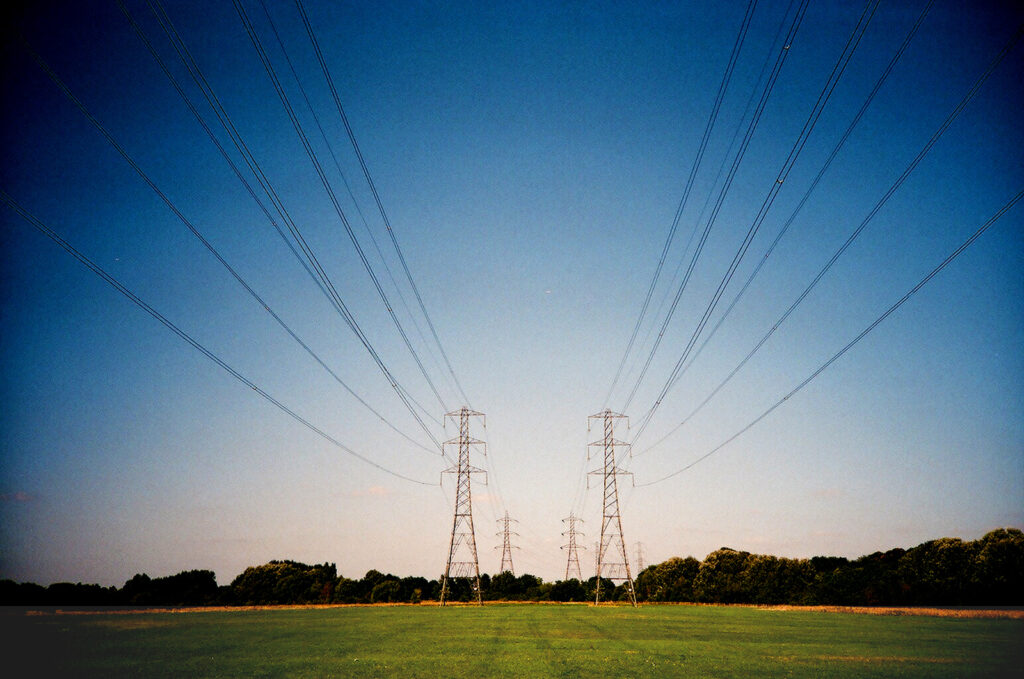The rise of solar, electric vehicles and energy storage could enact a step change in the energy market which could undermine utilities, according to Gerard Reid, founder and managing partner of Alexa Capital.
Addressing attendees at the Solar Trade Association’s (STA) large-scale PV event in London, Reid spoke of the enormous cost reductions that the solar industry has managed to deliver over the last few years – outperforming even the most optimistic predictions from analysts.
These cost reductions have driven huge growth in the global solar market which could hit 40GW this year, rising to 50GW in 2015 – making the industry bigger in size than gas or coal. Reid notes that the rise of solar becomes really interesting once it is partnered with storage.
Reid predicts that a solar array coupled with energy storage will become cheaper than buying energy from the grid in the not-too-distant future. He said: “In Italy, households would have an eight year payback by going off-grid in 2017 – that means putting in solar and storage. More and more people will do this [go off-grid], which begs huge questions over the relevance of the utilities.”
.
Another player in the potential demise of the utilities could be electric vehicles (EVs). The electrification of transport is a key factor in decarbonising our economy and EVs will help lead the change. However, it is the cars’ batteries that could hold the key to transforming the energy network. Reid explained that just a 10% penetration of EVs across Europe would equal 700Gwh of energy storage at zero incremental cost.
Reid added: “The nice thing about having solar and combining it with batteries is that you can actually control the load profile much better during the day. You might think to yourself that that’s madness, we’re not going to be able to use this battery technology in cars intelligently. If we don’t, we have a big problem in our grid – I think we will.”
Reid outlined why using storage to balance grids makes more sense than traditional methods. He said: “The UK needs about 3GW of balancing power and what they do is take a gas-fired station and ramp it up and down by 10%. So to get to 3GW because you are only ramping these gas plants up by 10% you need to invest in 30GW of conventional generation to ensure you have that 3GW of balancing power. If you put in batteries, you don’t need 30GW of backup generation, you need 3GW. As a result, the economics of storage, especially in that balancing market are very, very interesting.”
It’s something that Reid believes a number of companies have realised ahead of the utilities. “Those of you looking at Tesla and SolarCity in the states will see that this is a reality – it’s not a joke,” added Reid.
The pace of deployment for these technologies will mean that energy generated from solar and stored in a cost effective manner, be it via EVs or residential energy storage, will be cheaper than energy from the National Grid.
At that point, Reid predicts that “we will see huge changes in the power market”.
“It’s going to be tough for regulators, it’s going to be very tough for governments who make lots of money by taxing electricity and energy; and it’s going to be exceptionally tough for utilities,” added Reid.
However, Reid believes that the disruptive nature of the technologies will make it an exciting landscape for the incumbents: “There will be huge opportunities for those companies that are fit and nimble. Utilities are not fit and nimble, they are also mostly badly lead. The result is that companies have a huge opportunity to make an impact in this market going forward.”
Reid compares the energy market to that of the telecoms market when mobile phones were introduced. Developing nations went directly to mobile phones and didn’t build any fixed-line connections. Reid feels that same will be true for grids, developing nations will go straight for decentralised microgrids because they are cheap. Reid also expects them to build DC grids which won’t suffer from the same conversion losses that the West suffers from.
Reid draws another parallel with the telecommunications industry, by posing the question: “Who owns the telecom connections between the US and Europe?” Reid answers: “We don’t know – yet we all know the National Grid.
“My question is this: will we know the National Grid in 20 years’ time?”
.






